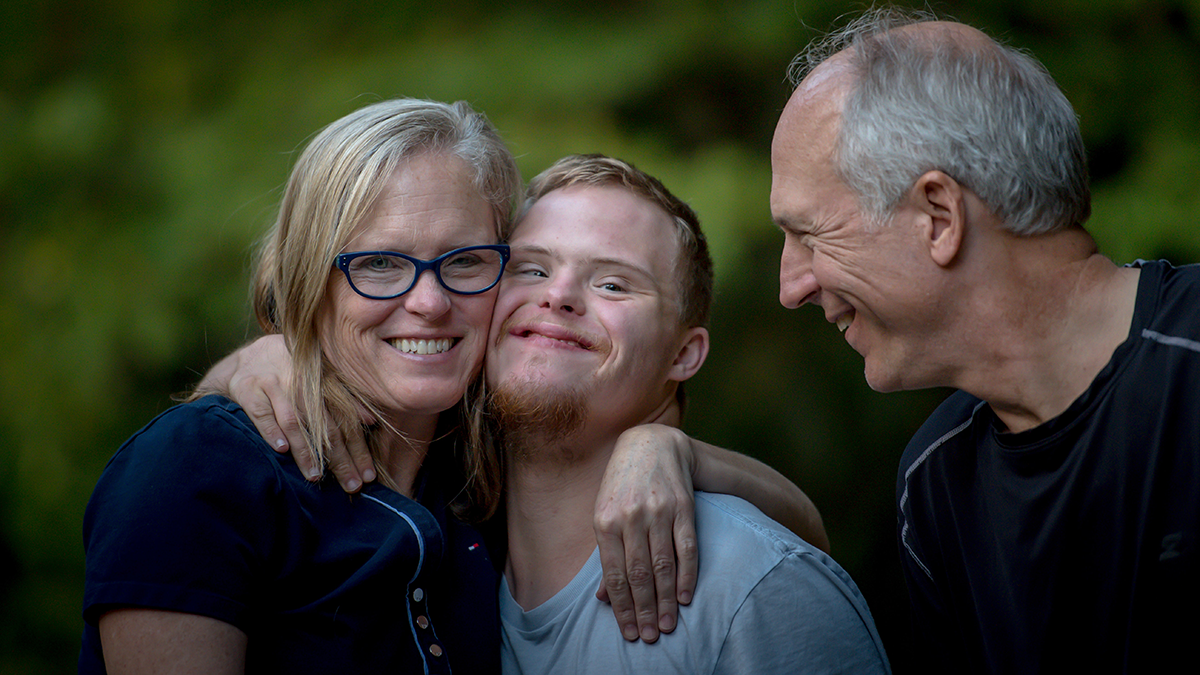
08 Dec Inclusion of participants with cognitive impairment in clinical trials
Clinical Trials Arena dives into a frequently forgotten aspect of clinical trial diversity: participation of people with cognitive disabilities.
By Urtė Fultinavičiūtė, Clinical Trials Arena
ne of the most discussed aspects of clinical trial conduct has been the importance of ensuring a diverse pool of participants that represents the real-world population. Racial and ethnic diversity were probably the first diversity facets to enter the stage, while sex diversity is still making its way, as the enduring underrepresentation of female participants in early-stage trials would attest. As the tolerance bar for excluding participants on the grounds of race and sex lowers significantly, exclusion based on cognitive disability still goes on, and very little work is done to address it, says Dr Victoria Shepherd, a senior research fellow at the Centre for Trials Research at Cardiff University.
A recently published study showed that almost 75% of late-stage NIH-funded trials had eligibility criteria that directly or indirectly excluded people with intellectual disability (ID). The current exclusion of this population goes back to the historical segregation and negative societal perception, says Katherine McDonald, PhD, associate dean and professor of public health at Syracuse University and one of the paper’s authors.
This population was also often viewed as “easy targets” for clinical research without benefit or even with harm to them, says Maya Sabatello, LLB, PhD, associate professor of medical sciences at Columbia University and another author of the paper. With historical examples, such as Nazi medical experiments on humans and Willowbrook State School’s experimentations of deliberate hepatitis B infections on children with ID, governments released laws and guidelines to address the harm and abuse. However, instead of creating rules for protection of vulnerable populations, they are often interpreted as exclusion, Sabatello explains. Read more …



